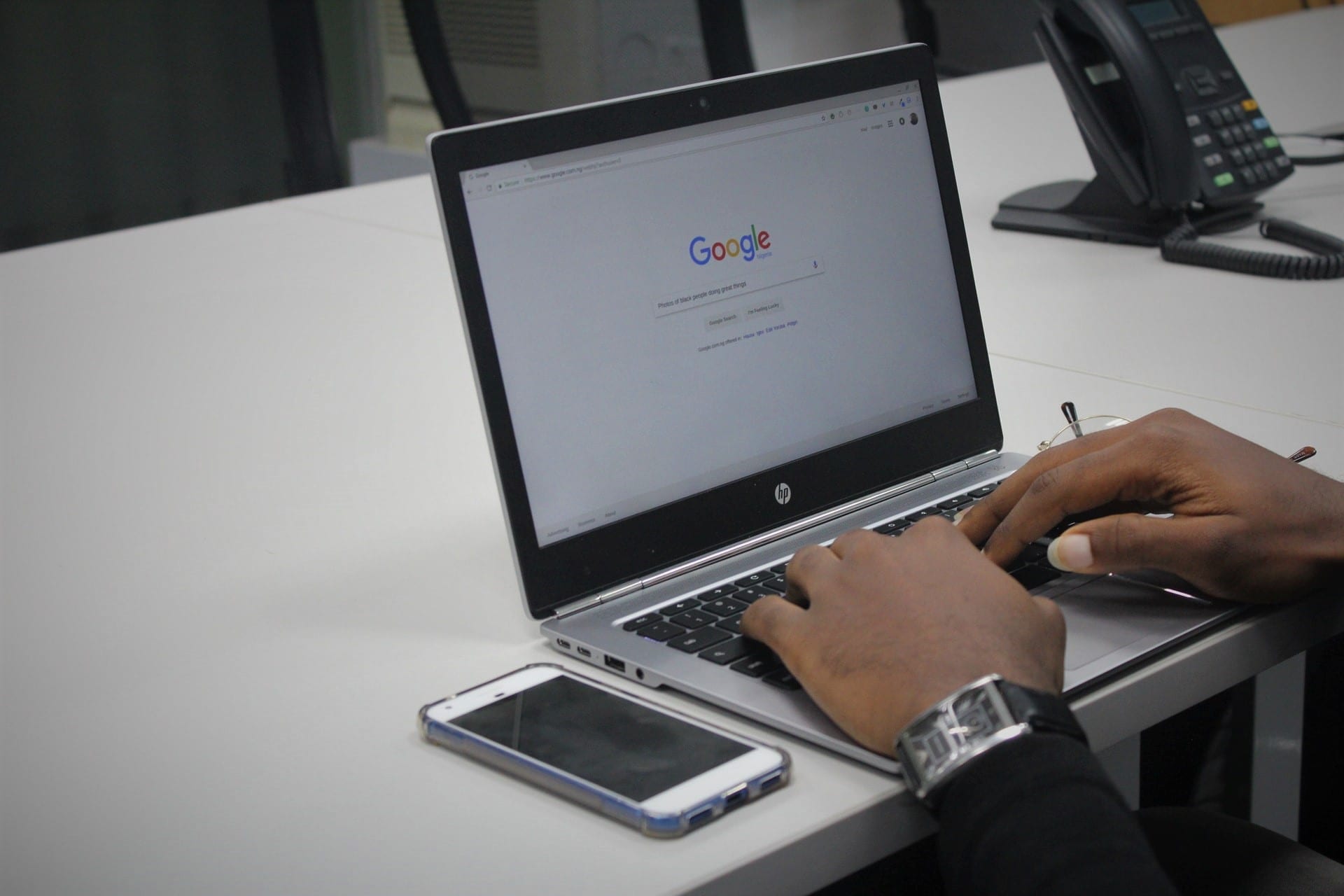Your family can only find out some information without speaking to you when you’re in prison. Some of your information is available to the public. But some of your information stays private. If there is something you want your loved ones to know, there are several ways to communicate with them.
What ways can I tell my loved ones information about me while in prison?
Two main ways of keeping in contact are through phone calls and visitation. The BOP does have requirements for visitation. But, once loved ones meet those requirements, they can visit you. You can make phone calls to whoever you want. There are also alternative programs you can use to stay in touch with loved ones outside of BOP or DOJ means. For example, programs like Pigeonly and Connectwork help you connect with loved ones. These programs are at a lower cost than BOP and DOJ resources.
But, visits and phone calls are a privilege in prison, not a right. If prison officials stop you from visitation or phone calls, they are not violating any rules.
What if I don’t want my loved ones knowing something, but I do want to tell my attorney?
Your attorney cannot disclose information to your loved ones unless you specifically ask them to. This is because of attorney-client privilege. Attorney-client privilege means the attorney cannot tell what you say to another party. That protection remains whether you have a conversation with them in person or over the phone.
If your family asks your attorney for information, your lawyer cannot provide it. The only exception is if you specifically ask them to do so. If your loved ones attempt to listen in on your conversations, the privilege may be voided. As such, different parties like prosecutors may be able to get information and use it against you. For that reason, your lawyer will probably not share information with your family.

Can my loved ones find out about my health while in prison?
There are only limited ways your loved ones can know about your health while in prison. The Health Insurance Portability and Accountability Act (HIPAA) protects your information. HIPAA’s policies apply to those in prison as well. As result, your family cannot contact your facility and get health information. If you want them to know something about your health or health treatment, it is best to tell them yourself.
Can my loved ones find out where I am and my status?
Your loved ones can figure out where you are without you telling them. They can use prisoner lookup tools to figure out your status and location. Prisoner lookup tools are free and available to the public.
The Takeaway:
The main way for your loved ones to find information about you while you’re in prison is through you. There are different ways to tell them information. The most common ways are phone calls or in-person visits. But, they can find out some things about you without you telling them, like your location, status and release date. If there is information you do not want them to know, you can speak to your attorney in confidence.






